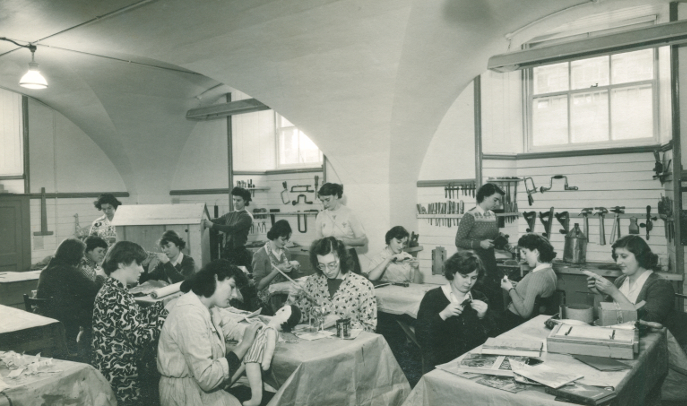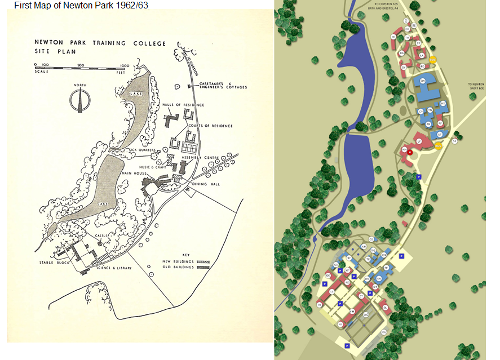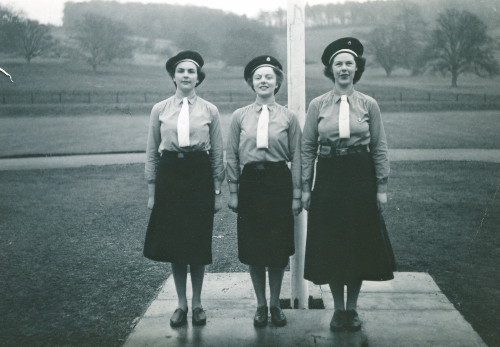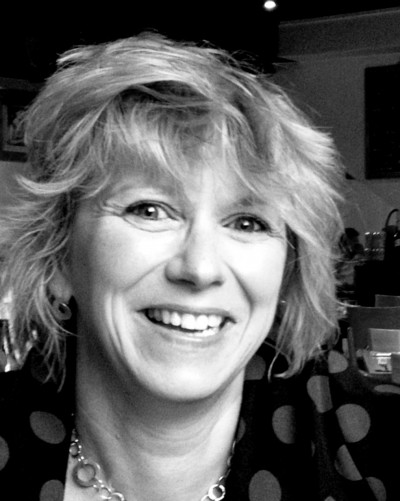Whatever Happens At The General Election, Teachers Will Do What They Do Best – Educate Children

With more than 70 years of training resilient teachers our schools can surely face whatever changes are in store come 8 June

So, the politicians are at it again!
A general election has been called for 8 June and its outcome will shape our future both at home and abroad.
For all of us in education, it will be interesting to see the various proposals put forward by the parties and the different approaches they propound. It’s likely there’ll be talk of grammar schools and school funding, the future of universities and what we teach in schools.
We may agree with some policies more than others – however, we do know that whatever the outcome, it will bring changes for schools and the wider education community.
This is nothing new – in 1947 Mary Dawson established her teacher training college in Bath following the election of a government with a commitment to expanding state education, and thereby increasing the numbers of teachers and the quality of their training.
Starting from scratch, Mary worked with local authorities and schools, placing student teachers in classrooms across the region as a way of learning from the chalkface, and combined this experience with theories of education and learning at Newton Park campus.

Since then, subsequent governments have changed both the methods of teacher training and the routes which lead to qualified teacher status. Governments of different political persuasion have introduced various initiatives focused on what it is to be a teacher (Teacher Standards), as well as what should be taught (the national curriculum) and how it should be taught (the use of Synthetic phonics).
New and old fads and fashions have bedevilled teacher training since its inception.
We now also have numerous ways of becoming a teacher: school centred initial teacher training (SCITTs), Teach First, Troops to Teachers, School Direct, Assessment Only and the University-led PGCE with QTS.
All of these routes are grounded in strong partnerships between Universities and schools. A cornerstone of the approach established in 1947.

Soon we will have teacher apprenticeships – student teachers learning ‘on the job’ – harking back to a long-gone era when the best pupils taught others to read and write as ‘pupil teachers’. In the world of teacher education, there really is nothing new!
However, the teaching industry has always been resilient, and good at ‘bending with the wind’; taking on board the best of any new initiative in a way which places the child at the centre.
In particular, teachers and those who teach them have become adept at being ‘agents of change,’ knowing that regardless of the changes in the wider world of politics, schools and Universities will continue working together with a commitment to high-quality learning and training teachers as the defenders of the child’s human rights.
Outstanding teachers will give our children the very best start and enable them to have the skills and knowledge to face the challenges ahead regardless of the outcome of the ballot box.
Professor Kate Reynolds, Executive Dean of the Institute for Education, Bath Spa University












